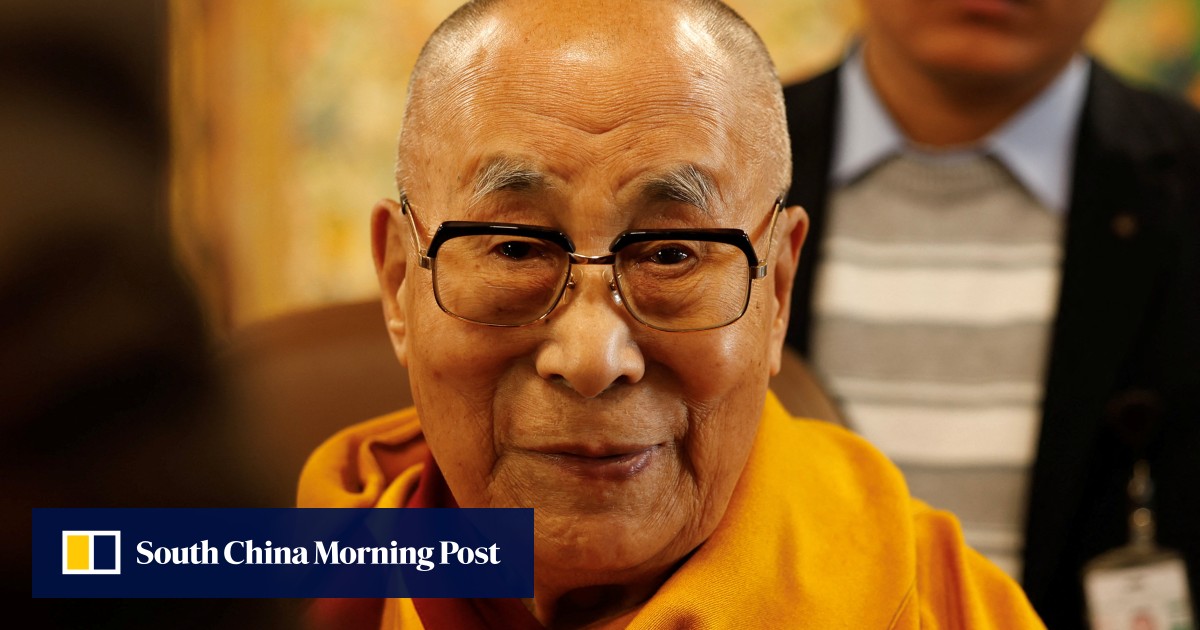Former Taiwanese leader Ma Ying-jeou has vowed to protect the island’s deep-rooted cultural and historical ties with mainland China while accusing the ruling Democratic Progressive Party’s (DPP) of having a “misguided political agenda” in attempting to sever these links.
“In the past several decades, Taiwan has played a vital role in preserving and promoting Chinese culture. But today, Chinese culture in Taiwan faces an unprecedented crisis,” Ma said at a seminar in Chengdu, Sichuan province, on Monday. “The DPP’s political manipulations have steered Taiwan in the wrong direction of de-sinicisation.”
The seminar, held at Chengdu’s renowned Du Fu Thatched Cottage in the southwestern province, was co-hosted by the Ma Ying-jeou Foundation, the mainland’s Taiwan Affairs Office’s (TAO) Centre for Cross-Strait Research and Sichuan University.

01:44
Taiwanese lawmakers brawl in parliament over controversial bills
Taiwanese lawmakers brawl in parliament over controversial bills
It brought together high-ranking mainland officials, including TAO director Song Tao, academics and participants from both sides of the Taiwan Strait to discuss preserving Chinese cultural heritage.
In his speech, Ma highlighted the linguistic, cultural and historical commonalities shared across the strait, emphasising that people on both sides were descendants of Emperor Yan and the Yellow Emperor.
“Chinese civilisation is the world’s only ancient culture to have endured 5,000 years without interruption,” he said. “This is a testament to the combined efforts across the strait that have ensured Chinese culture not only survives but continues to thrive.”
Ma highlighted the core values of Chinese culture, including reverence for history, gratitude and a deep sense of heritage. These traditions, he argued, had been the cornerstone of Chinese resilience over millennia.
“Most Taiwanese people maintain a strong sense of identity with Chinese culture and the Chinese nation,” Ma asserted. “Any attempts by the DPP to promote de-sinicisation are bound to fail because Chinese culture is deeply rooted in the bloodline of its people.”

 By South China Morning Post | Created at 2024-12-25 02:11:29 | Updated at 2024-12-25 14:01:17
12 hours ago
By South China Morning Post | Created at 2024-12-25 02:11:29 | Updated at 2024-12-25 14:01:17
12 hours ago








